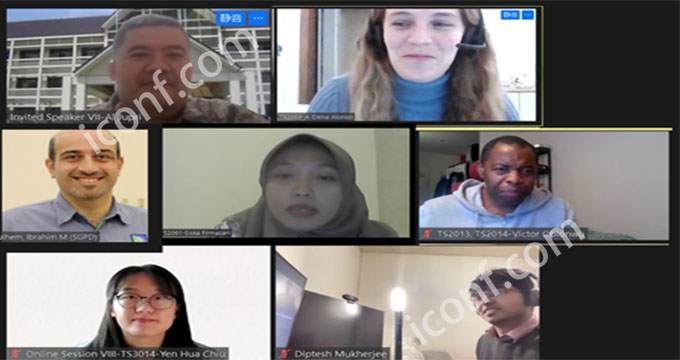

678 views||Release time: Jul 07, 2025
For academics, nothing is more frustrating than investing months of work into a paper only to miss the submission deadline. Conferences are gateways to wider visibility, publication opportunities, and valuable networking. But without proper planning, these opportunities can slip away fast.
Here’s a straightforward guide to help you manage conference submission deadlines and stay ahead in your academic journey.

Deadlines aren’t just dates on a calendar — they define your entire research timeline. Missing them means:
No chance to publish in that year’s proceedings
Lost visibility and citations
Missed funding or travel support
Reduced academic momentum
While every event varies, most follow this basic pattern:
Call for Papers (CFP): Announced 6–12 months before the event.
Abstract Submission: Usually required 3–6 months before.
Full Paper Submission: Often 2–5 months ahead.
Acceptance Notification: 1–3 months before the event.
Final Paper and Registration: Roughly 1–2 months before the conference starts.
Knowing this structure helps you work backward and plan each stage effectively.
Centralize Your Calendar
Use a dedicated research calendar to mark all important dates.
Set Multiple Alerts
Schedule reminders a few weeks and days in advance.
Track Regular Events
Many conferences are annual—add them to your recurring calendar.
Use Reliable Platforms
Platforms like iconf.com provide up-to-date schedules, official CFPs, and submission details so you don’t have to search across scattered websites.
iconf.com makes deadline management easy by letting you:
Filter conferences by discipline, indexing type (EI, Scopus, SCI), and region.
View clear timelines for submissions, revisions, and registration.
Save your chosen events to a personal dashboard.
Get customized reminders for every key date.
Access official formatting and submission guidelines directly.
This saves time and reduces the risk of errors or missed deadlines.
Start Early
Begin drafts as soon as the CFP is out. Don’t wait for the last month.
Follow Guidelines Strictly
Small formatting errors can lead to immediate rejections.
Ask for Feedback
Peer reviews improve quality and help catch mistakes.
Prepare Supporting Files
Some conferences require slides, posters, or bios in advance.
Secure Funding Early
If traveling, apply for grants or visas as soon as your paper is accepted.
| Format | Strengths | Challenges |
|---|---|---|
| Offline | Great for networking and live discussions | Higher travel and logistic costs |
| Online | Flexible and cost-effective | Requires strong technical setup |
| Hybrid | Mix of both worlds | Check participation mode early |
Staying on top of conference submission deadlines is essential to building your academic profile and sharing your work globally. By leveraging platforms like iconf.com, you can stay organized, submit on time, and focus on what really matters — producing excellent research.